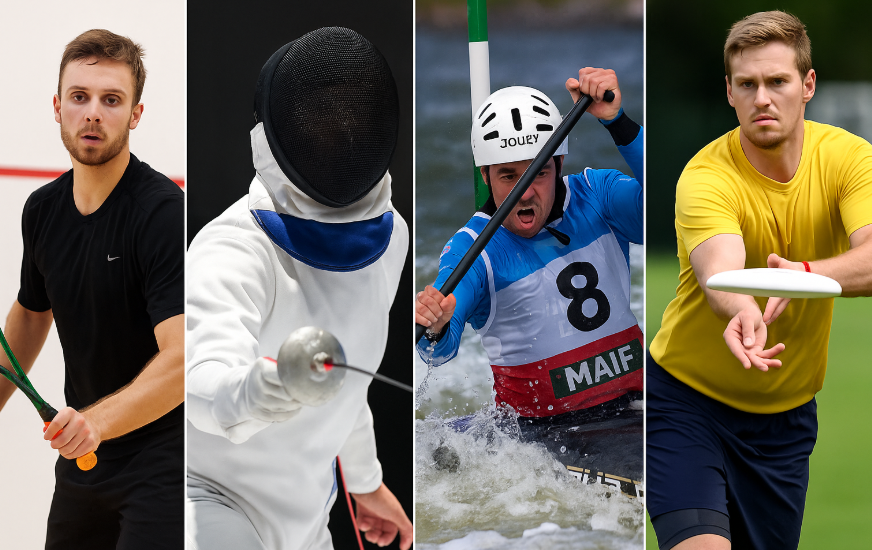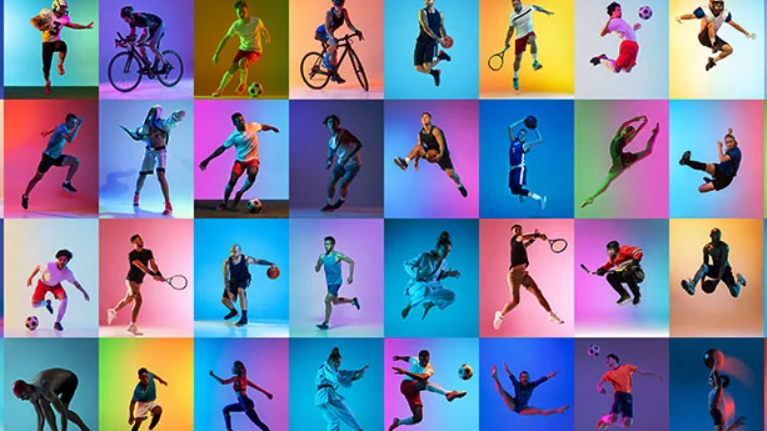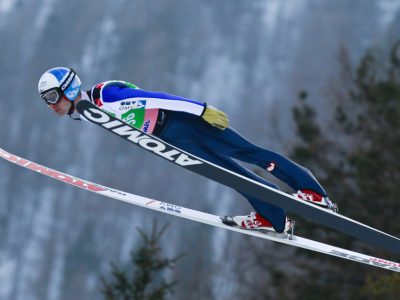In a world where football, tennis, and cricket dominate the back pages and primetime slots, niche sports often go unnoticed. Yet, behind the curtain of mass popularity lies a raw and often uncompromising world where athletes grind, graft, and grow — mentally, perhaps more than anywhere else. This is the proving ground of grit. Mental toughness isn’t just a by-product of these disciplines — it’s the currency.
The Landscape of the Underdog
Unlike mainstream sports, niche disciplines lack the luxury of big sponsorships, state-of-the-art facilities, and structured developmental pipelines. Whether it’s squash, fencing, canoe slalom, or ultimate frisbee, participants often balance full-time jobs with rigorous training schedules. There is no red carpet, only hard graft.
Athletes in these sports compete not for fame or fortune, but for pride, personal growth, and a deep love of the game. That kind of motivation builds a different type of resilience. When no one’s watching, when you train in empty halls or fund your own travel to competitions, the only voice pushing you forward is your own.
Fewer Resources, More Responsibility
Mainstream athletes often have teams of coaches, psychologists, dietitians, and data analysts. In contrast, niche athletes frequently wear many hats — planner, strategist, motivator, and sometimes even coach. This fosters self-awareness and personal accountability — two pillars of mental toughness.
Here’s a brief comparison to illustrate the disparity:
| Aspect | Mainstream Sports | Niche Sports |
| Coaching support | Full-time, specialised | Often part-time or self-led |
| Media attention | Constant scrutiny | Minimal to none |
| Funding/sponsorship | Structured, accessible | Rare, self-funded |
| Competition frequency | Regular, high-profile | Infrequent, underpromoted |
The lack of external pressure might seem like an advantage, but it means niche athletes must learn to self-regulate their emotions and performance without fanfare or reward — a crucible for psychological growth.
Setbacks Hit Harder — and Cut Deeper
When you compete in a sport that only your immediate circle understands, failure feels isolating. There’s little public recognition to soften the blow of defeat. A missed qualification or injury might not only mean a loss of form — it can mean the end of an Olympic cycle, or even the sport altogether, due to lack of funding.
But this, paradoxically, is where mental fortitude is forged. These athletes develop what psychologists refer to as “adaptive resilience” — the ability to rebound not just once, but repeatedly, in an environment with few safety nets.

Community Over Celebrity
One of the more underrated advantages of niche sports is the strength of community. While top-tier footballers might exist in bubbles of fame, niche athletes often train and compete alongside their rivals, forging tight-knit support systems. This camaraderie can be a buffer against burnout and psychological fatigue.
The culture of mutual respect and shared hardship often leads to a deeper sense of purpose — not just to win, but to represent their sport with pride, to grow its visibility, and to inspire the next generation.
Grit in the Shadows
Niche sports may not sell out stadiums or trend on Twitter, but they are quietly producing some of the toughest athletes in the sporting world. When the medals are fewer, the pay is smaller, and the recognition is fleeting, what remains is the mind — sharpened by adversity, toughened by solitude, and strengthened by the relentless pursuit of improvement.
So the next time you hear about a British kayaker training in freezing rivers before work, or a squash player funding their own way to the World Championships — know this: that’s not just sport. That’s mental toughness in its purest form.














